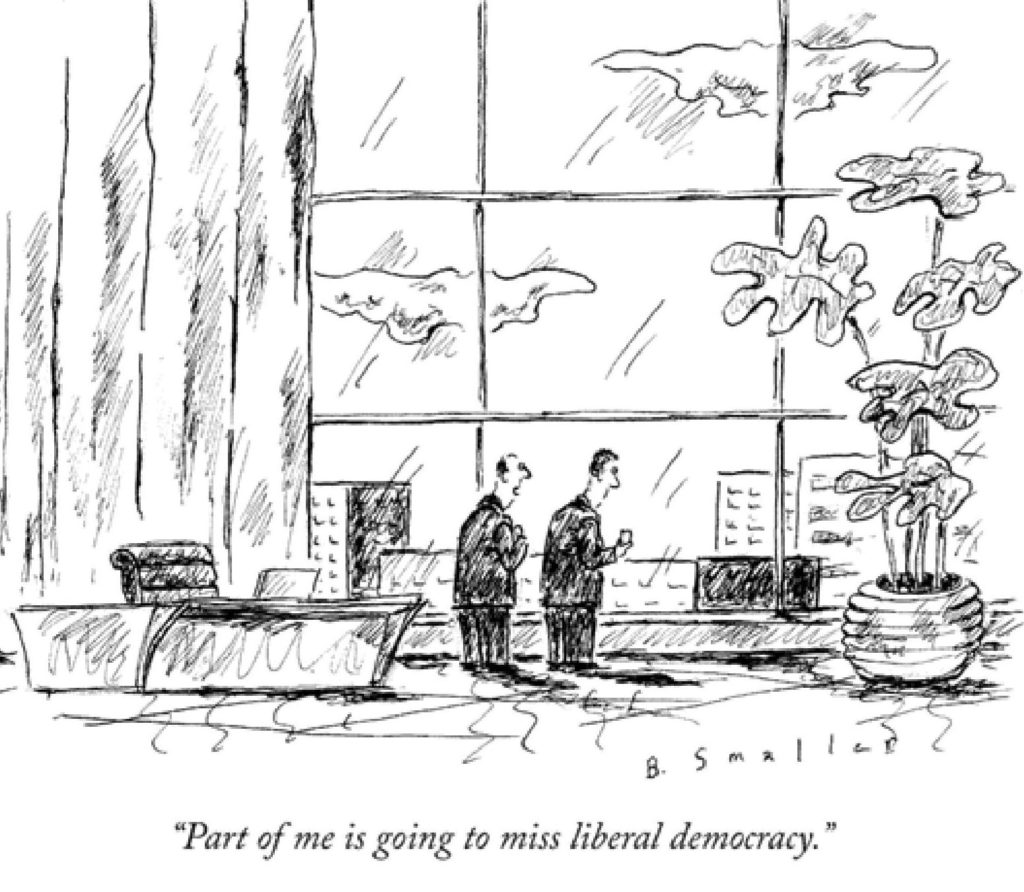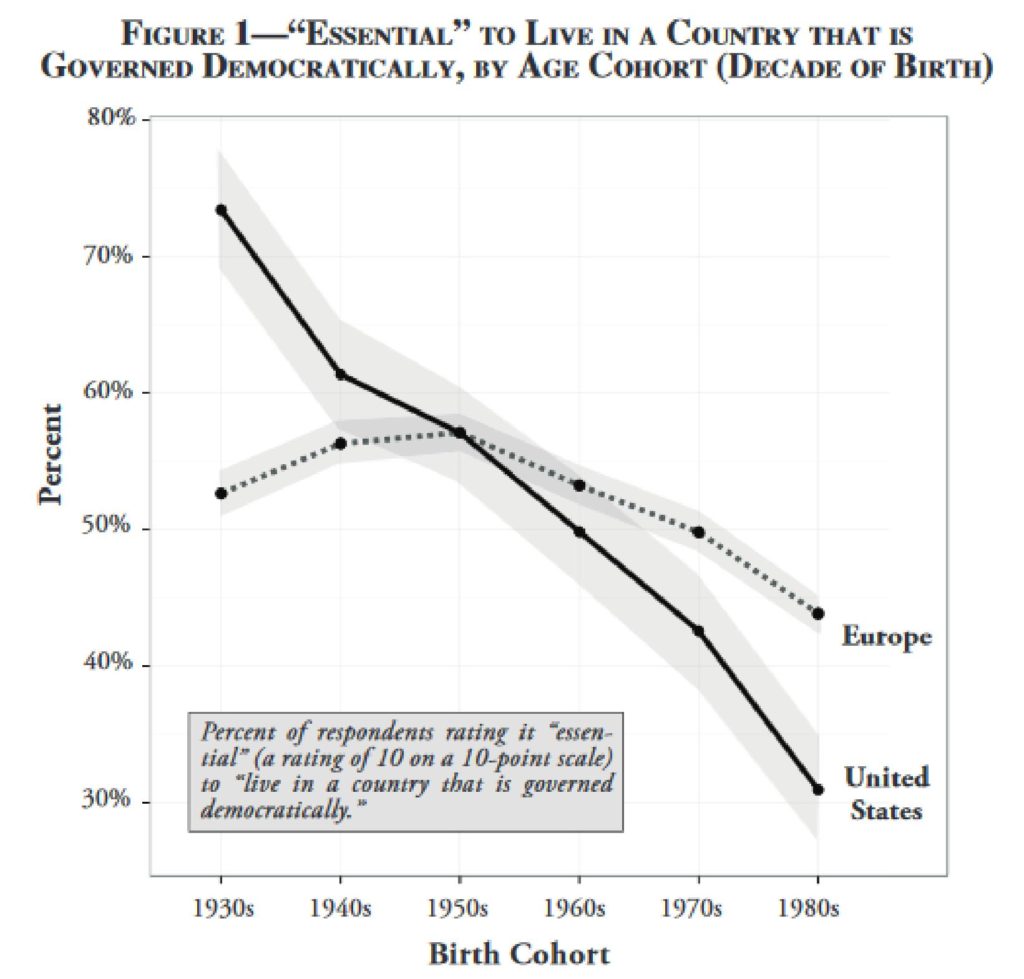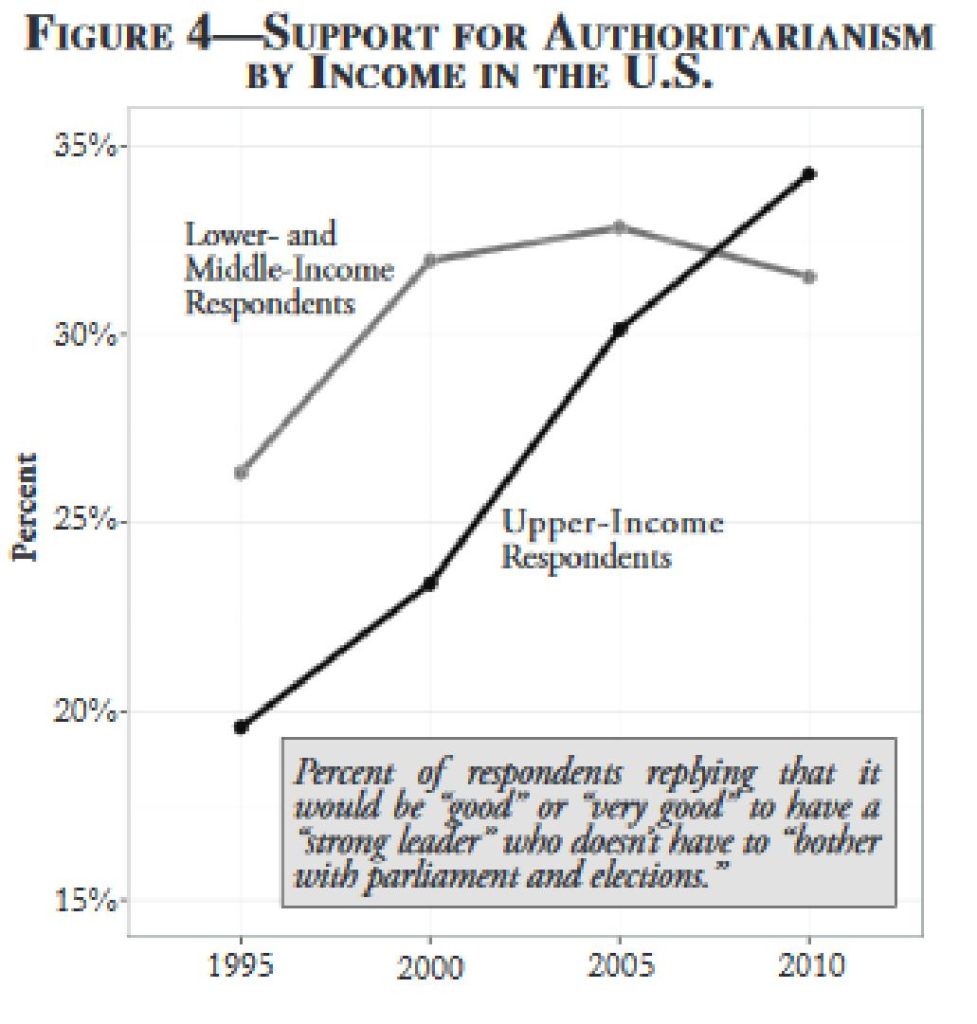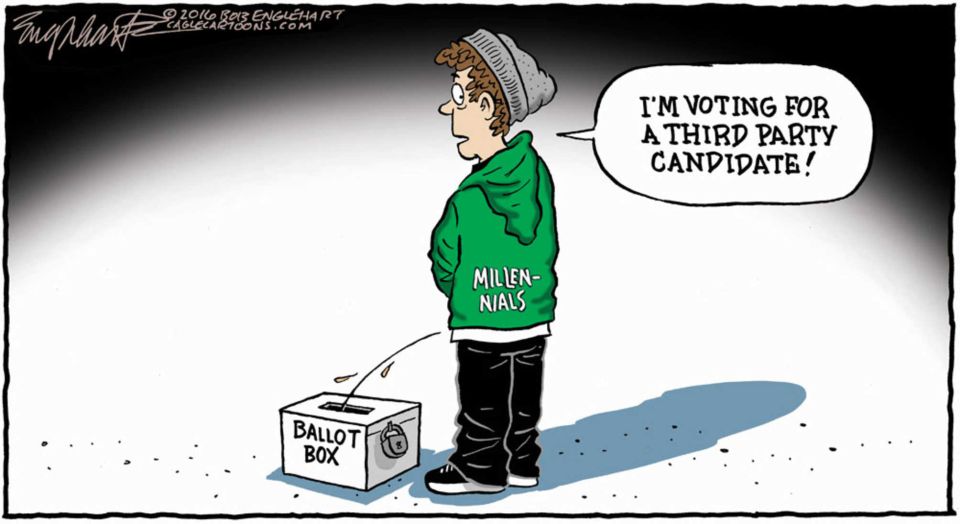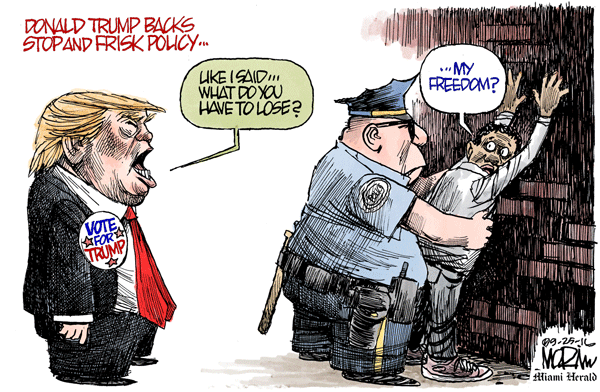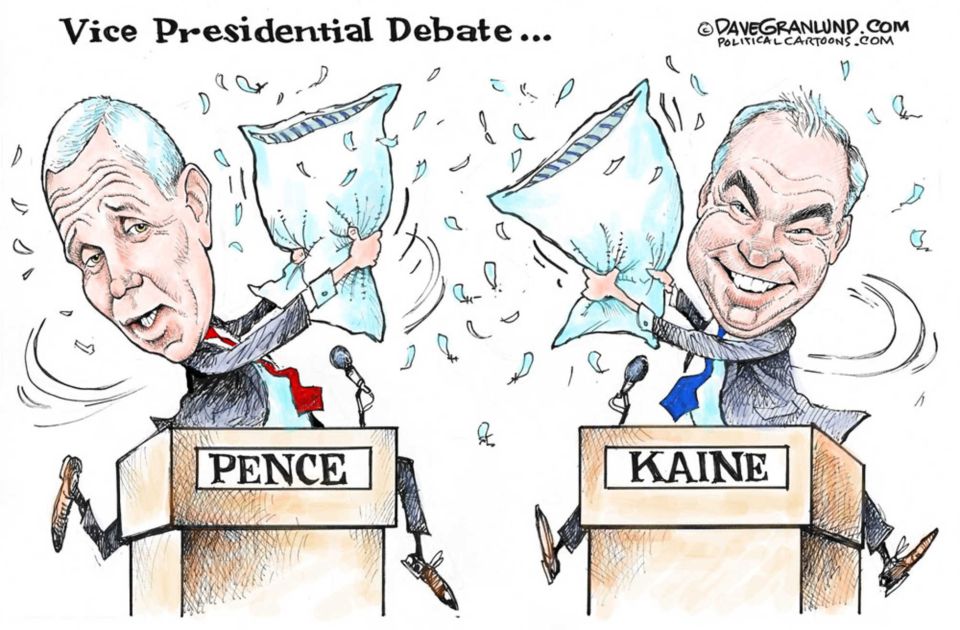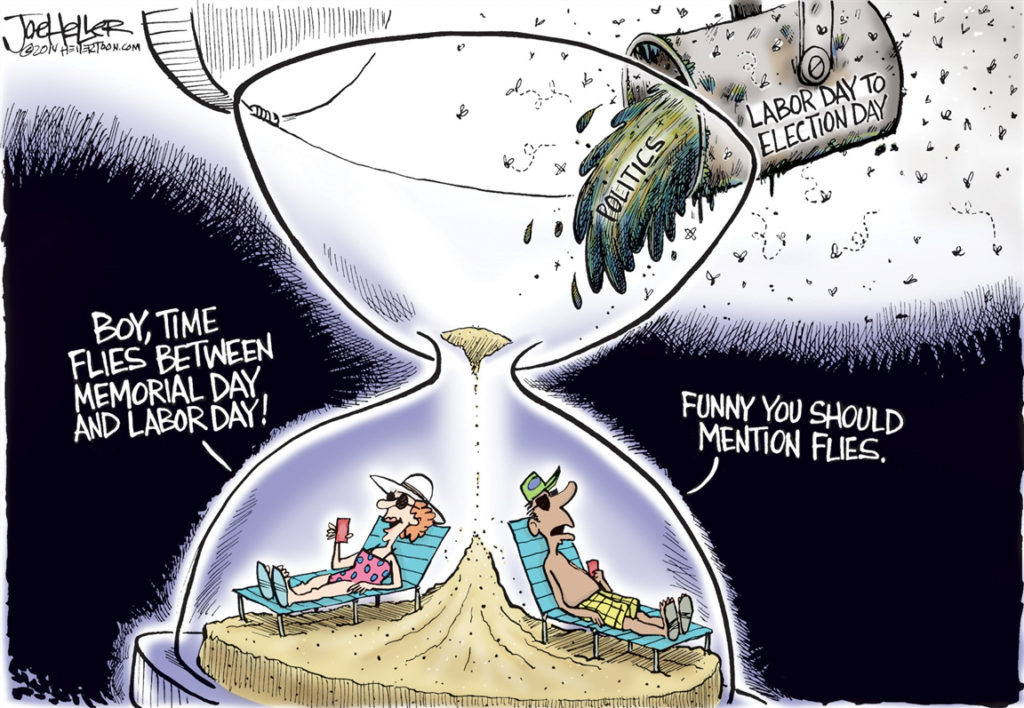The Daily Escape:

(Baby duckling from Amazed By Animals)
Republicans in Arizona came up with a legislative response to Democratic and Independent protesters now that their party has started seeing energized protests at town halls and in their downtown areas. (There was a 15,000 person protest in Tucson in January) They plan to criminalize protests by seizing the assets of anyone involved even in lawful assembly.
On a party-line vote of 17-13, Arizona Republican state senators voted to give police new powers to arrest anyone who is involved in a peaceful demonstration — even before anything bad actually happens. From the Arizona Capitol Times:
SB1142 expands the state’s racketeering laws, now aimed at organized crime, to also include rioting. And it redefines what constitutes rioting to include actions that result in damage to the property of others. But the real heart of the legislation is what Democrats say is the guilt by association — and giving the government the right to criminally prosecute and seize the assets of everyone who planned a protest and everyone who participated.
It’s beginning to sound like you could join a protest in Arizona, and face RICO charges if someone so much as breaks a window.
With their new-found political power, Republicans will no longer tolerate dissent, and they plan to use the police power of the state to crush those who disagree. Sen. John Kavanagh, R-Fountain Hills, said that chilling effect is aimed at a very specific group of protesters:
A lot of them are ideologues, some of them are anarchists…But this stuff is all planned.
There’s more: By including rioting in racketeering laws, it actually permits police to arrest even those who are planning events. Kavanagh added:
Wouldn’t you rather stop a riot before it starts? Do you really want to wait until people are injuring each other, throwing Molotov cocktails, picking up barricades and smashing them through businesses in downtown Phoenix?
The bill now moves to the Arizona House. While that moves forward, we have moved into an era of authoritarian rule in America.
And you are watching it happen in real-time.
Americans have the right to peacefully assemble, we have the right to free speech, and to petition the government for a redress of grievances. Even though the Tea party was very vocal for the last 8 years; GOP legislators didn’t think that their protests needed to be shut down, or their organizers prosecuted.
Republicans are making a hash of the Constitution, they have no intention of acting in the best interest of all of their citizens. This is a violation of their oath of office. Taking away our right to protest by penalizing potential protesters with threats of asset forfeiture and/or intimidation, is not our America.
Here is Peter Garrett with “It Still Matters”. You may remember Garrett as the lead singer of the Australian band Midnight Oil. He was also a Labor Party member of the House of Representatives for New South Wales from October 2004 to August 2013. Here is “It Still Matters”:
Tell Arizona Republicans that the Constitution still matters to the rest of us.
Sample Lyrics:
Watching the parade on the news last night
I was one that walked that road before
When everything feels like its crumbling
Like the writing’s on the wall
It still matters to me
I hope it matters to you
Those who read the Wrongologist in email can view the video here.

